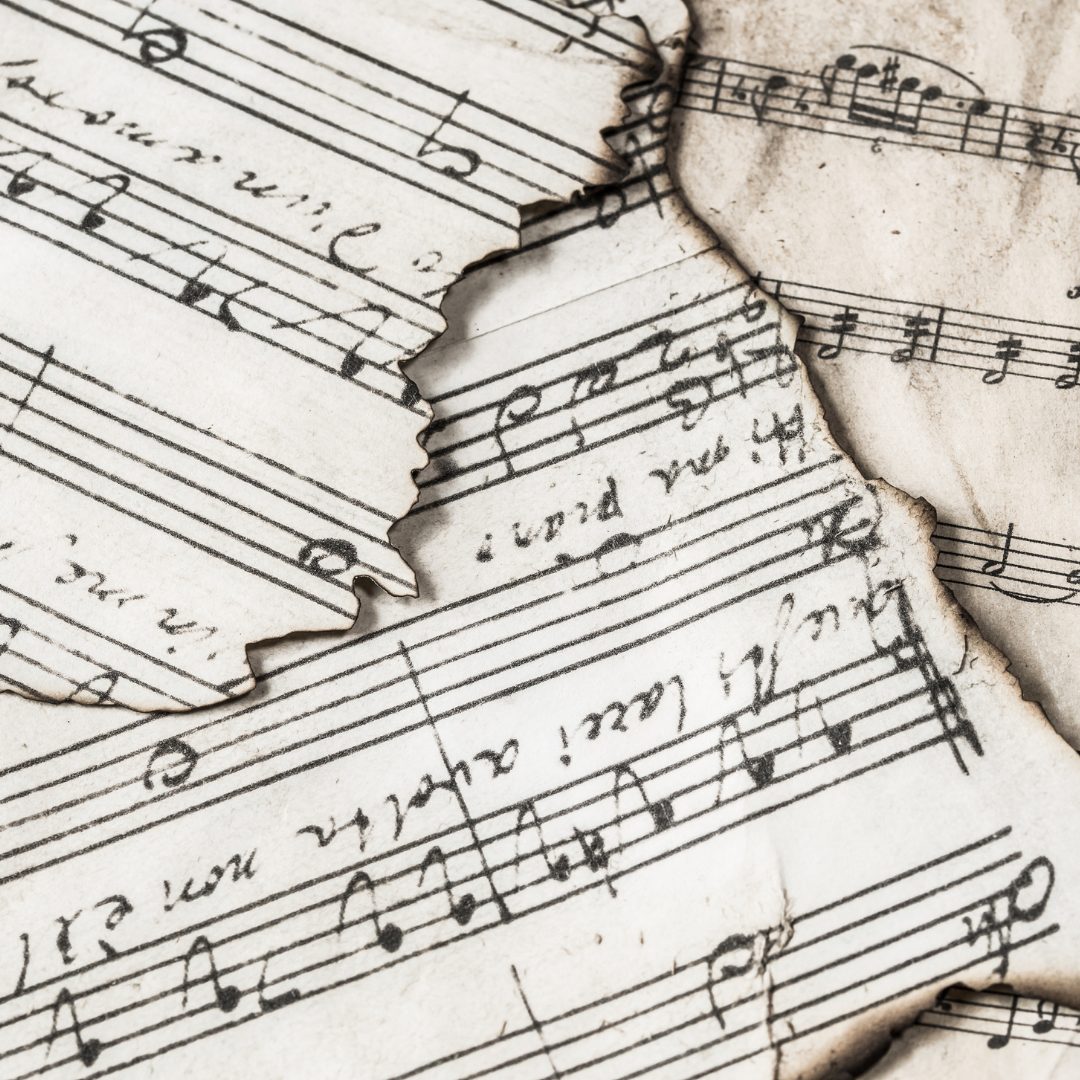
Why should I learn music theory & music history?
There are many benefits to learning music theory and music history. Here are just a few reasons you might want to include this in your

There are many benefits to learning music theory and music history. Here are just a few reasons you might want to include this in your

Are Piano Discoveries products available for parents, home schooling, or private tutors? Absolutely. Parents, home school families, and private tutors can purchase products through the

There is no one answer to this question. The cost of lessons will depend on many factors, such as: The educational level of the teacher
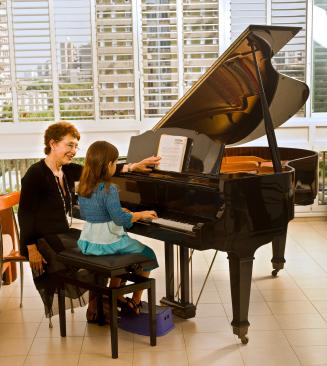
This is an age-old question. If you have accepted a student into your studio roster who doesn’t really want to learn to play the piano
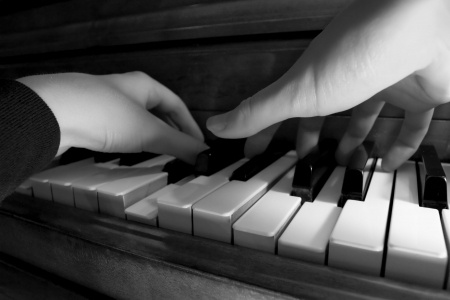
The answer is no! There is absolutely no age limit on learning piano. If you have the interest and the time, then absolutely go for

Games Are a Fun Way to Teach and Learn Music Concepts! Music games to use in piano lessons or at home can be made out

The short answer is…no. A student doesn’t have to know their right hand vs their left hand in order to learn to play the piano.
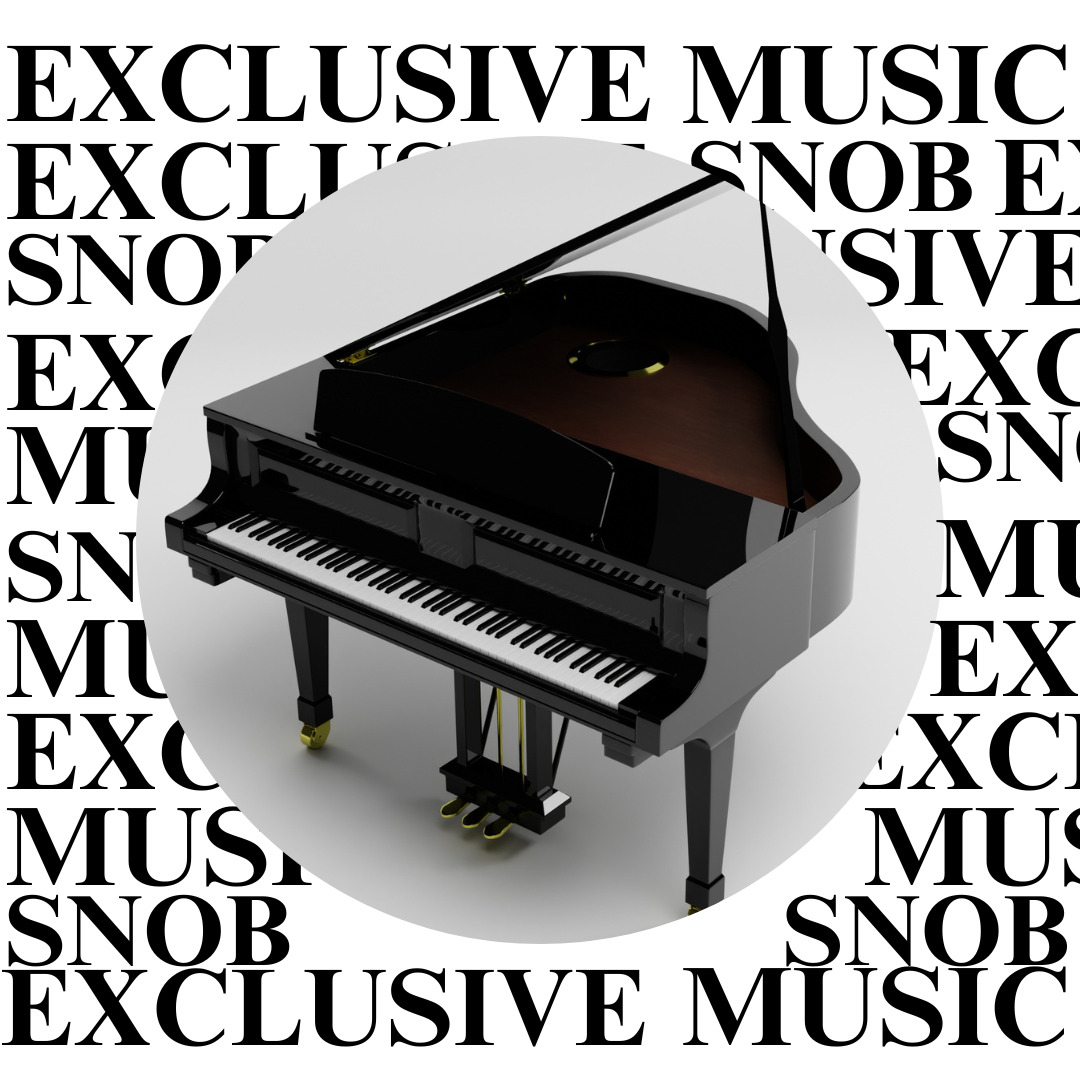
In the world of music (and other various art forms, such as ballet), there seems to be a sort of elitism, or snobbery, where there
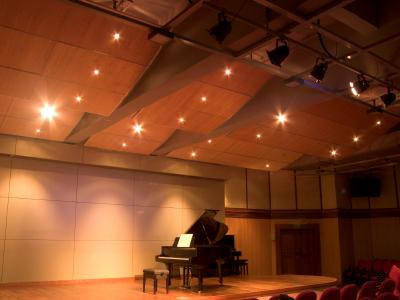
Recitals are a wonderful way for students to gain experience and proficiency in performing. There are many elements to learn when beginning to participate in
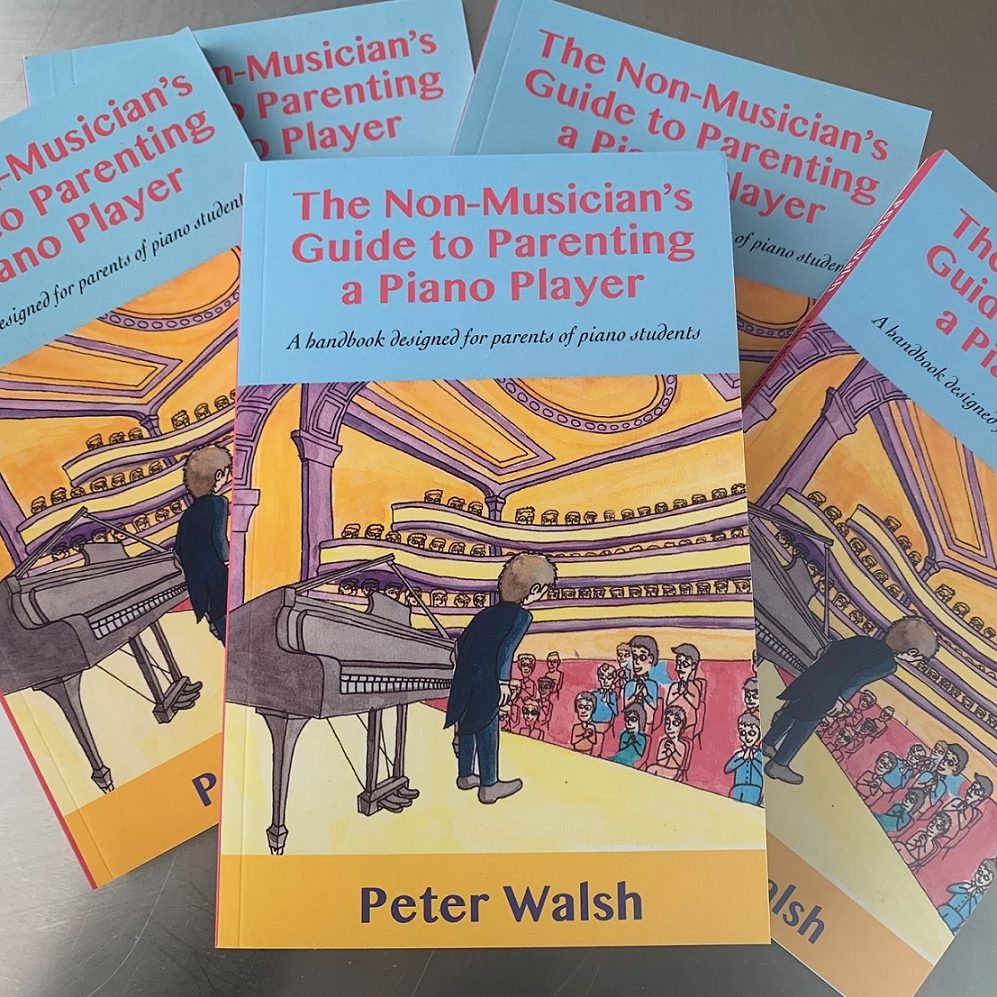
I recently had the great pleasure of reading a newly published book designed as a guide for non-musical parents in providing support to their child
© 2009-2023 Piano Discoveries. All rights reserved.
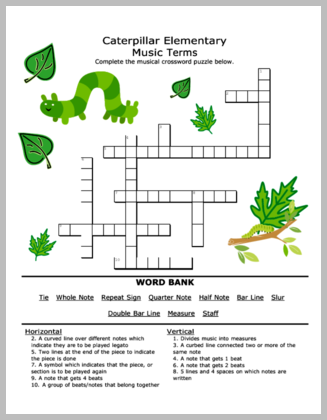
Provide students with a fun and exciting way to practice elementary theory terms. This crossword puzzle includes 10 early elementary music terms and definitions — tie, whole note, repeat sign, quarter note, half note, bar line, slur, double bar line, measure and staff.